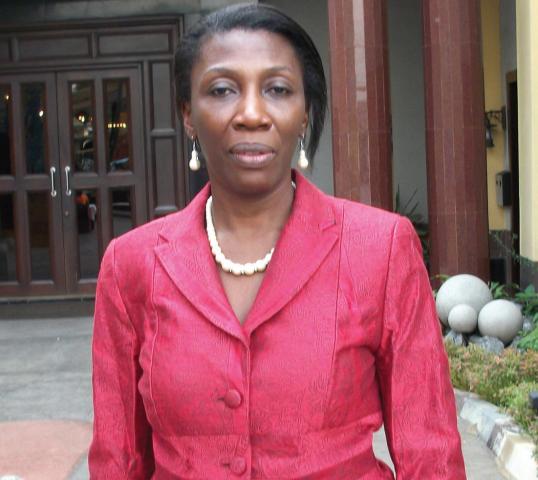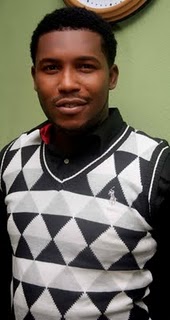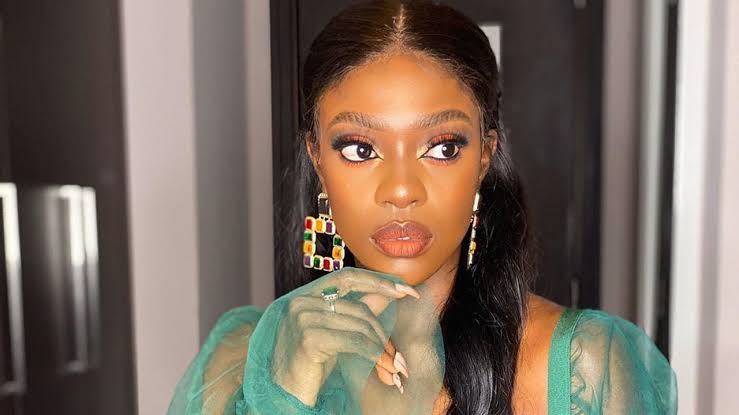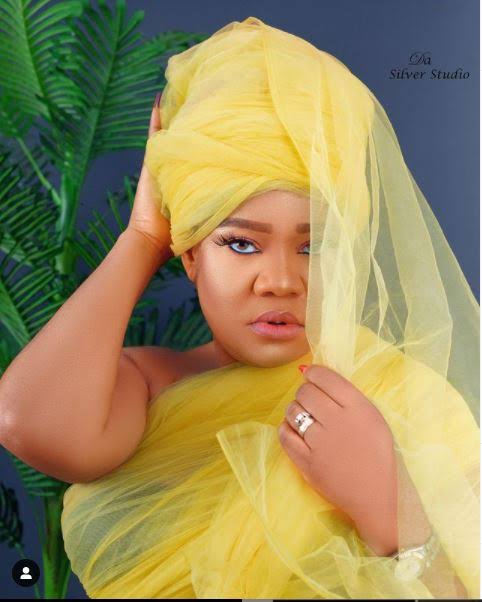
Ayo Atsenuwa Prof. Ayo Atsenuwa is a research professor of law. She is presently at the Nigerian Institute of Advanced Legal Studies, University of Lagos. This cerebral, frank intellectual spoke with Angela Davies on various issues.
How do you react to women marketers who are being abused in the banking sector?
It is widely believed that it is their sexuality and their gender that is being exploited in sending them out as marketers. That has been alleged, of course. There is a basis for supposing that it is true. But I really would wish that we would have more documentary accounts particularly the ones that can be cited so that specifically we can establish the truth in terms of objective data. Unfortunately, that is where there is a gap because very many people don’t want to mention their names and talk about specific incidence. So we do know that the problem exists but the challenge of advocacy around it is that we are not able to show backed up with evidence that this really is a problem. There is a difference between when you get sexually harassed by the person that you went to market to not because your employer envisaged it or wanted it to happen as against what you are actually alleging, which is that it is a systemic thing. And to prove that it is a systemic thing, we must not only show a pattern, we must have a bit more empirical evidence that shows that it is actually, even if it is an unwritten policy, something that shows that this is the only thing that could have been intended. But unfortunately we do not have sufficient data and we do not have a lot of people come out to give us those accounts. May be I could say again that maybe we have not tried to systematically research also around it.
What advice would you give to the women politicians as they assume office?
Well, I will start with the advice that I will give all politicians first which is that Nigerians demand good governance. The masses of Nigerians who tend to be disadvantaged even more demand good governance. They demand it as of right and they also appeal to their conscience. They demand good governance in all its ramifications. We hope that the women will fulfill the pledge that they have made. It has been said, it has been hypothesised that women can perform better, and they can be more accountable. I hope that they will not let us down because every failure simply undermines the hypothesis that women can actually be more accountable. I hope that the women fully understand what it is that they are going out for and I hope that they will develop effective capacity, personal and institutional to deliver the good. Essentially, what is a weakness in Nigeria is lack of capacity; people don’t even really understand what it is that they are supposed to be doing. And oftentimes, maybe because they are not willing to learn or they get distracted. I hope women will not let the bandwagon effect of ‘there was nothing you could do; everybody was collecting the money so you can’t stand out’. I look to a woman who will say ‘if you can’t explain to me why we are being paid this money, I will not take it’.
What is it about womanhood that makes you happy?
I look at my life without being boastful, the strengths that I exhibit in mediating all the roles that I occupy as a woman. And you know in our society as a woman, you occupy significantly demanding social roles as a wife, if you are one, as a daughter if you are one, as a mother if you are one and even to your friends. There are expectations that probably women have of their friends differently and all that. Then, I consider also the demands of my career, I sometimes pause and I just look back and try to look at my life as if I were a third party and I say how does she do it and I actually believe that it is really because women have an inherent capacity to multi-task. I look at women and the challenges which they face and how they just look slightly beyond that challenge and say you know what? For example a woman who is being battered at home and who in spite of it still continues for her children’s good and welfare. In spite of that she still keeps her sanity for the sake of those children. You look at those and say that woman, the woman called woman is truly an epitome of strength.
There are women who are being battered by their husbands and they still remain in the marriage. Why do you think they do that?
The answers are multifarious. On the personal level there is the issue of choices. But then, underneath, you look at what informs people’s choices, there is nurturing. The way we were nurtured, the values that are imparted unto us and that to a large extent constrains so many women. Then, you also look at the practical realities such as the dependency of many women, not all but many women at least financially, materially on their spouses, maybe not even for them personally but for what they perceive to be the wellbeing of their children and they feel constrained. They feel that they can’t make the choices that they would ordinarily have made especially in a society where there is no social security. You are not going to get any support for the education of those children; you are not entitled to any accommodation probably. By the time they do the analysis, they ask themselves is this the best decision in this circumstance? It is unfortunate, that is why it is multifarious and they are all interwoven. Of course there are women who do not need their husband’s financially and there are even cases where the husbands are financially dependent on the women and, of course, that takes us back to the point which I made earlier about the nurturing – nurturing whether directly from the home or the values that you pick as you operate in the society and the constraints and what you perceived as acceptable or unacceptable even if nobody tells you but you just perceive it. Of course, we are a very religious society and you can’t remove the effect of the values that are derived from religious institutions, many of which are very unsupportive of a woman probably leaving which is rather unfortunate because on some occasions some women have had to die or be maimed.
It is said that women are their own enemies. Do you agree?
I have never agreed with that. There are men who undercut men, men have always undercut men. Some women undercut some women, not all women undercut women and not all men undercut men. If we can tolerate men undercutting men and we do not use that to describe men as a group, why should the act of a fewer number of women be used to identify all women. I think it is another one instance of give a dog a bad name in order to be able to hang it.
Are you an advocate of women owning their own business?
Yes, I am an advocate of women owning their own business. Well, I come from a social ethnic group in Nigeria that women have always owned their own businesses. I am Yoruba by birth and as far as I know, Yoruba women have always been traders. So, I don’t even know any other reality. I know typically amongst the Yoruba’s, they do not understand the situation where a woman sits. It’s like you mean you will not be doing anything?
It is believed that most Nigerian women don’t read. Do you agree? Even if they do, they prefer reading fashion and style magazines.
I have to say that I can not deny or validate that claim because I haven’t actually consciously tried to investigate it, I don’t know. But you see, again, the fact that you see me with a fashion magazine doesn’t mean that is the only thing I read. Many times, I get fashion and entertainment magazines shoved in my face in traffic and I look at the vendors and ask them why they think I will be interested. So, I think it could be the result of stereotyping, because you see one or two women reading fashion magazine and you just conclude. So I can’t validate or invalidate the claim.
How long have you been married?
It will be 20 years in a couple of month’s time. I have two children.
What is your marriage secret?
I will be very honest with you, I don’t have a particular secret. I think what probably helps my husband and I through our challenges and when we rub mind, is the fact that we both try very hard to be mindful of what God would have us do. So maybe that is what I will say is the secret. I would say to be fair, it is not just all about me, I try sometimes I fail, he tries sometime, he fails, but, both of us try to make what would God have us do, the centre of our lives and I think it helps us to be able to get over the things that as individuals you would definitely not give the other person the chance to do.



















